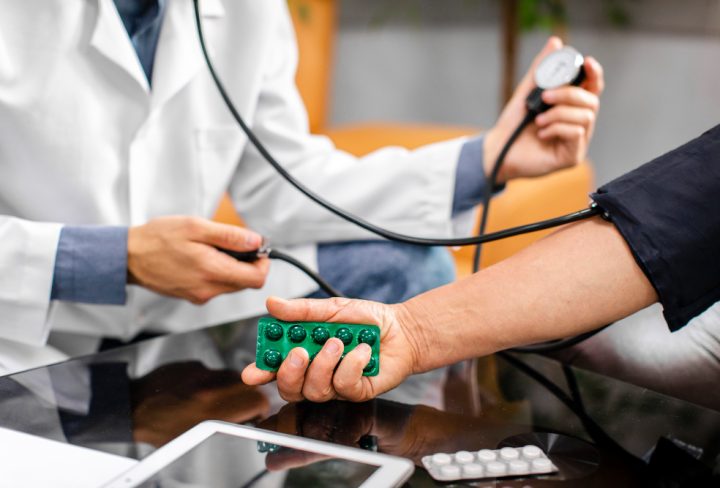- Common, painless test to monitor heart rate, rhythm
- Typically takes 5-10 minutes
- Quickly detects heart abnormalities using an ECG machine
Monitor your heart’s health – consider ECG today!
FAQ: Why is ECG Performed?
- Diagnose heart problems
- Monitors effects of treatments like pacemakers
- Identifies potential heart attacks
Consult a cardiologist today for further insights on ECG!
Short description: The Electrocardiogram (ECG) test is a common, painless procedure widely used in healthcare to monitor the heart’s rate and rhythm. This non-invasive test typically takes only 5-10 minutes to complete. During the test, an ECG machine is used to quickly detect any heart abnormalities by recording the electrical activity of the heart. An ECG is performed primarily to diagnose various heart problems, making it a fundamental tool in cardiology. It’s particularly vital in monitoring the effects of heart treatments, such as the function of pacemakers. Furthermore, ECGs are crucial in identifying potential heart attacks, allowing for rapid intervention. The test also plays a significant role in guiding the treatment for various heart diseases, helping healthcare providers assess and adjust treatment plans effectively.
